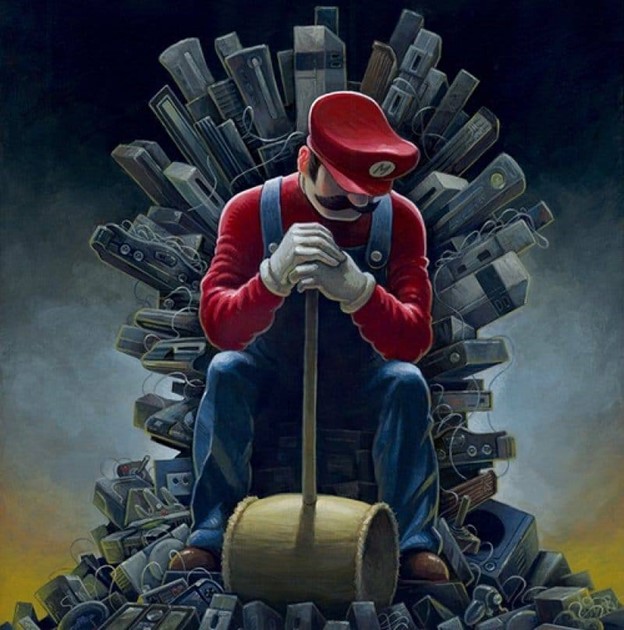
Wait a minute? This is a real job?! Yes, but it isn't all fun and games. Not all fun, anyway.
Game development is a complicated business often tracked by task boards and flowcharts resembling casseroles and spaghetti. One person taking care of everything is a short ride with a guaranteed stop at the loony bin at the end of it. Delegation is key and one can find the following list of jobs and responsibilities in most game studios.
10. Project Management

PM also means Puppet Master. But most the time, it means Project Manager.
The process of making games is complicated and unwieldy at times. It requires management and while it is fun and rewarding, it is also a business-driven project. At times, someone who owns a business suit of some sort is useful for adding a professional veneer to the thing. Games are made for reasons beyond the idea its makers think the product will be fun; they are also made to make money, if for no other reason than those making games need money to survive. Project management helps keep the starry-eyed dreamers in line, the hard nosed developers on track, and the test team from burning the building to the ground just to see how it works. The Project Manager (lovingly known as PMs) herds the various cats of a development team into marching the same direction. Towards victory.
9. Developer

The gears in the game go round and... won't compile, apparently.
Games, video games at least, require code and developers provide that code. Almost always overworked, developers produce just about everything one sees in any given video game. They code, organize the code base in what one hopes is a sane manner, and occasionally have uncomfortable conversations with PMs about what is and is not possible to accomplish in a given timeline. They are the workhorse of the development process and easily perform the most work, as without their work there are no testers, no project managers, and no release process to speak of. They sleep when they can, but I’m told by bleary-eyed and sleep-deprived developers this is the most rewarding job in games development, now get out of my office I’m trying to nap.
8. Designer

Designers talk a lot, too. To date, this is the best way to communicate and sadly it does not seem likely to change in the near future.
Designers are the creative, artsy folks in the production process. They dream up art styles, determine fonts, put game environment specs together, and dream up objectives in the game such as quests, assuming the game has quests. If it doesn’t have quests, odds are good they’ll be pitching an idea to add them before too long. They can tell you how things are supposed to work from the user/player’s perspective as they create the requirements developers attempt to make real. Designers tend to both love and behave like kittens and should be treated as such. Be gentle with them, they’re creative types.
7. Tester
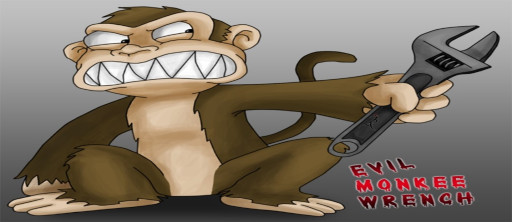
Testers aren't evil, necessarily. But they all end up there, eventually.
Testers are the malicious, wrench wielding demons delighting in developer pain. They want nothing more than to make the product (and developers) better through repeated beatings. What doesn’t kill it makes it stronger. Most effectively paired with developers, preferably within physical arm’s reach to administer aforementioned beatings, testers make sure the product both works as advertised and doesn’t break too easily. Testers operate as chaos within a realm of orderly code. What happens when the program expects to add two plus two but the user inputs an animated GIF of ducks chasing a child down the street? Who knows? But testers are there to find out. At the least, the developer will learn they shouldn’t allow users to input GIFs when the input field only expects numerals.
6. Data Scientist

Oddly, not one of the cartoon data scientists in this image are holding cups of coffee and nodding off.
Games-as-a-Service have become increasingly popular over the years as the series of tubes Al Gore built grew into fat pipes. Large games often have a multiplayer service included, which means game developers are collecting telemetry on how players are using their service and monitoring stability. This data can be difficult to interpret and the Data Scientist helps with this. They can call out trends occurring on the service, such as the most popular multiplayer map played on a Monday by users on the west coast between the hours of ten and eleven in the morning. Hopefully, they can also tell you why this information is useful. Their jobs usually require justifications like that.
5. Service Engineer

Service Engineers keep the hamster wheels spinning, allowing gamers to teabag their enemies without interruption.
Service Engineers are responsible for ensuring the service works. There have been several references to “the service” in these lists, which can mean different things, but it is the thing which allows games to talk to each other and play together. Without service engineers, this isn’t possible. It would simply fall over like an exhausted hamster suffering cardiac arrest. Cute, but very dead. They are often just as overworked as developers. They are always on call at all hours of the night to fix issues caused by an overworked developer tripping over the matchmaking machine, or spilling beer on it, or some similar disaster. These days, they also work with datacenter operations to make sure all the machines necessary for running their games or consoles are in tip-top shape. It is harder to trip over a rack of computers in a mountain in Utah than a single one just sitting next to Mike’s desk.
4. Release Manager
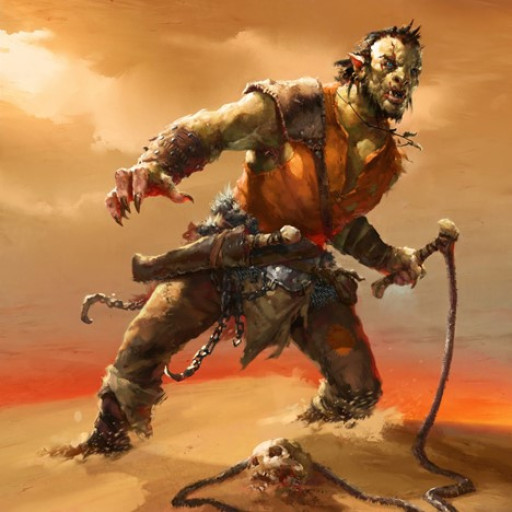
Where there's a whip, there's a way!
Release managers usually work on the platform side of development at outfits like Apple, Xbox, Oculus, etcetera. They have to piece together a puzzle, made out of a schedule of different games/apps, and wrapped up in quality requirements, in order to get a variety of products over the finish line and into consumer’s hands. As an example, I once worked for a major games console and ushered video streaming apps, dozens of the things, into and through certification testing. Certification testers are like all testers, but far more diabolical. They are the worst of our kind. A great release manager makes the release process happen with as little heartburn as possible for developers and project managers alike. An even better one makes sure the app works fully by marathoning the Harry Potter movies.
3. Community Representative and Support
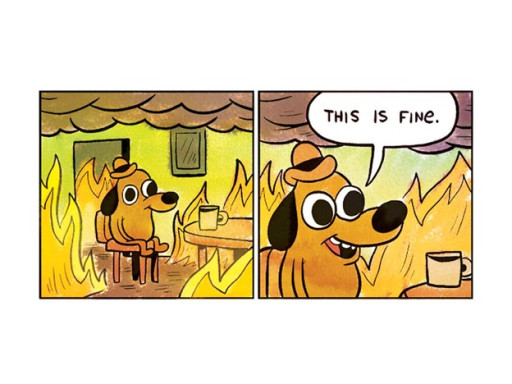
When everything is on fire, community support keeps their cool and their therapist on speed dial.
For large games, a team must have a community support representative of sorts if not an entire team of them. Not only do they collect feedback from players, but they bubble up potential technical problems for developers to address. They represent a human face to the community, which is a good thing, as developers light-heartedly view their users as idiots for their tendency to use the program in a way they didn’t intend or plan. This causes testers to view the developers as idiots for failing to foresee how their users would use it and suddenly one gets the feeling they’re besieged by idiots on all sides. It is all in good fun and personal judgments aside, the community support folks help users fix up problems if they run into them, which they will. They often put together messaging and announcements for new feature updates, as well. Sometimes, they take a very public beating, so they deserve hugs and respect at a minimum.
2. Writer
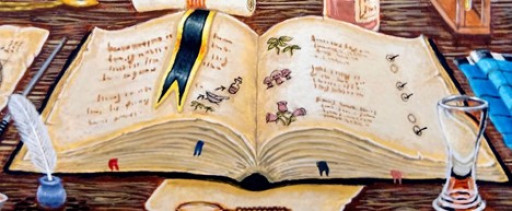
Wizards write stories about wizards. Testers write stories about writers.
Not all games require stories and plots to propel them along; Tetris comes to mind. But any RPG requires writing and sometimes quite a bit of it. Dialogue between characters, quest descriptions, load screen tips, and basically anywhere text is displayed to the player requires someone to write it first. Writers get the writing done, in between shots of Red Bull and their favorite vodkas, as the situation and time of day demands. If the sun is up, I’m told the writers have already been drinking for hours.
1. Quality Assurance

Everyone is responsible for quality, not just the guys who get fired if the thing isn't quality.
Testers do this already, but everyone else on the team should be encouraged to work towards quality as well. “Polish” is a term that gets thrown around a lot as a project limps towards a release date; almost as often as “schedule slip” and “the sprint end to end all sprint ends.” Everyone on the team should be using the project at least daily and reporting what they see as soon as possible to prevent that kind of thing. Garbled text, art assets colliding with each other, confusing user experiences, and general impressions of design work. Everyone on the team, including the kitten in design and the suits in PM, are responsible for quality. We all sink, or swim, together. Organization wide responsibility for quality assurance casts as wide a net as one can cast short of a massive beta or flighting program. It is everyone’s product, thus it is everyone’s responsibility.
All of these responsibilities, and a few not mentioned, come together to produce video games these days. Some teams are large and will have specialists take care of just a few roles, like Testers who only test. Some teams are smaller and have a single individual handle several of these jobs at once. I once handled project management, release management, community representation, testing, and service engineering in a single role. There was no job title for this unholy combination of roles, so I just called it Ninja. I drank a lot, but the position was immensely rewarding.







